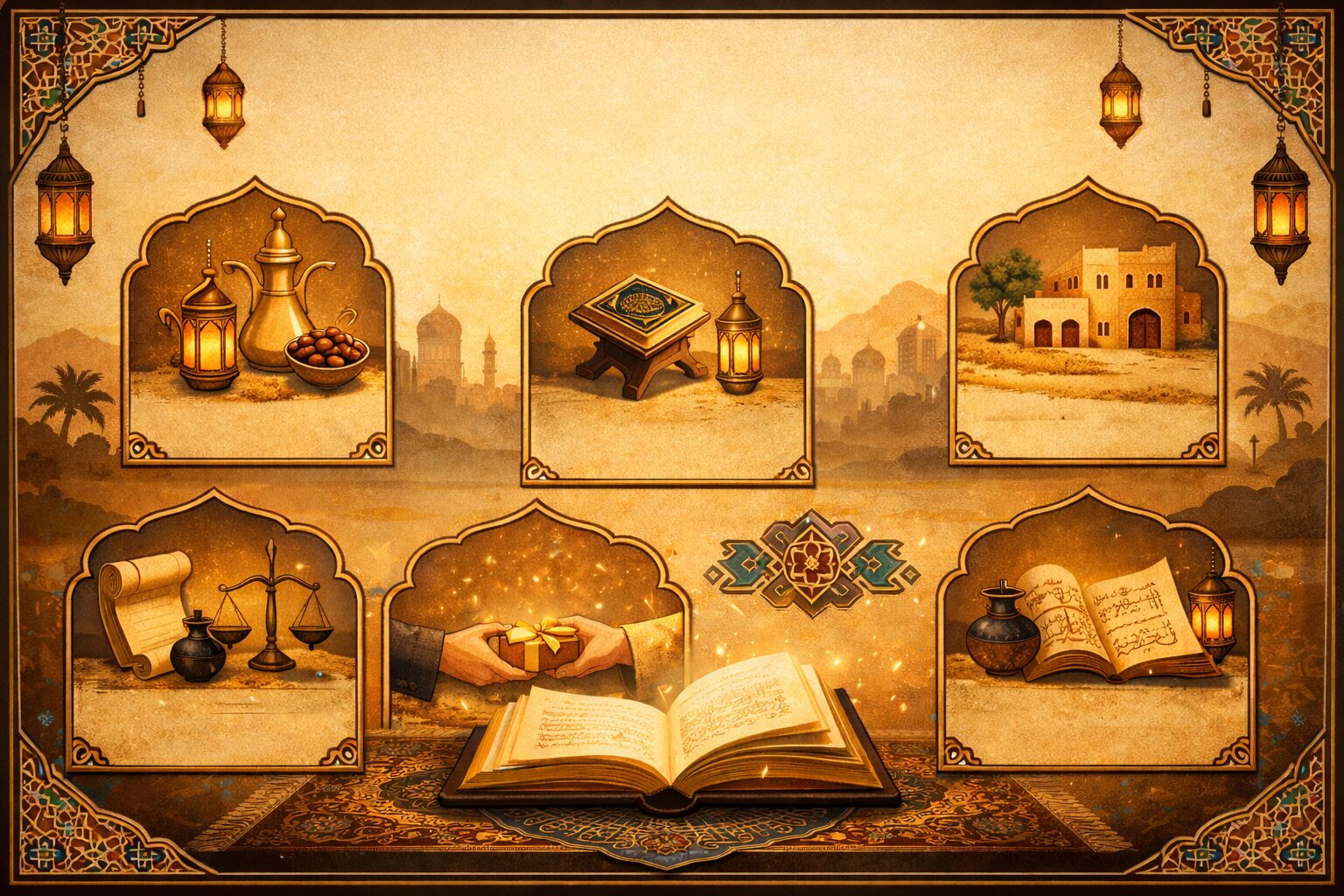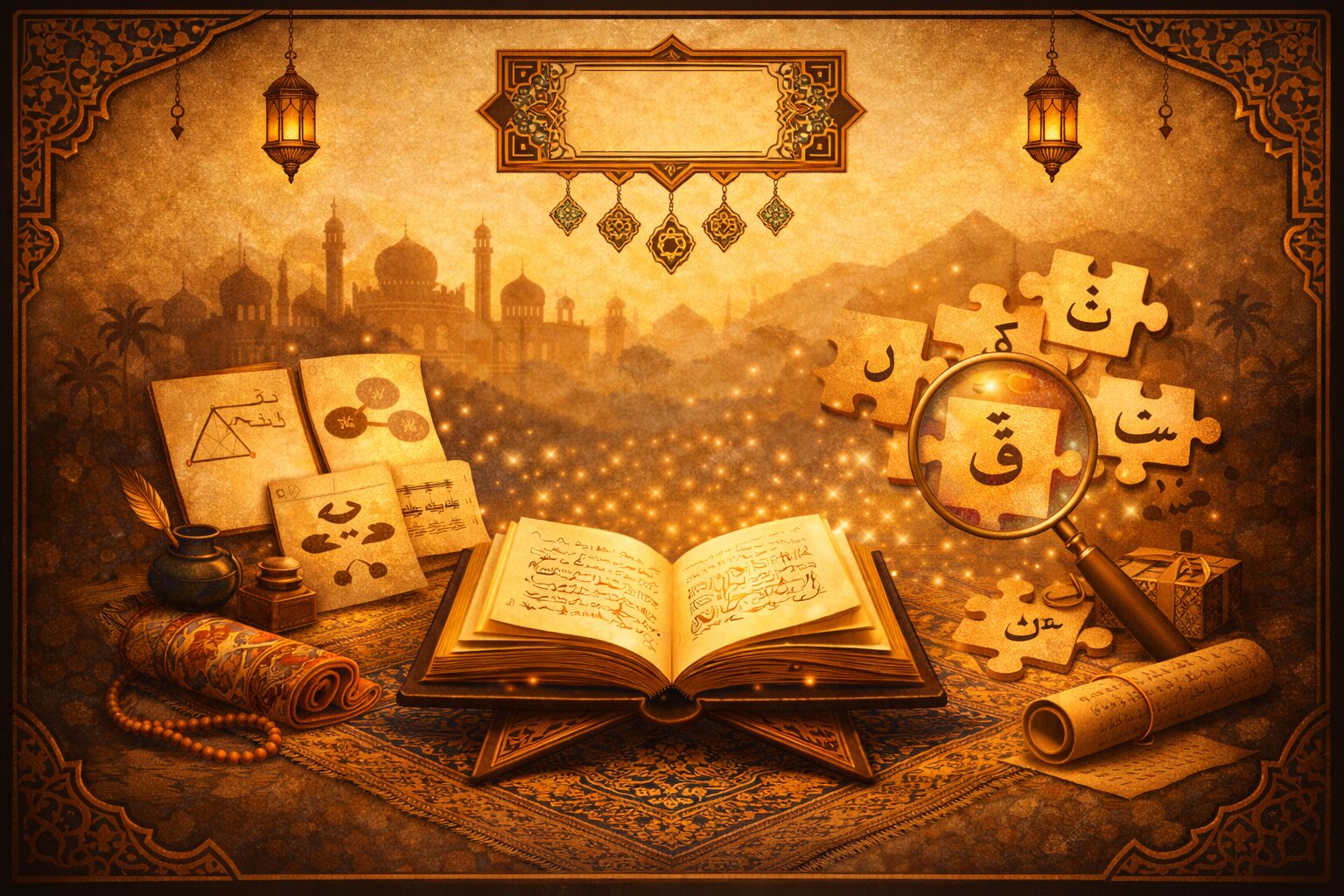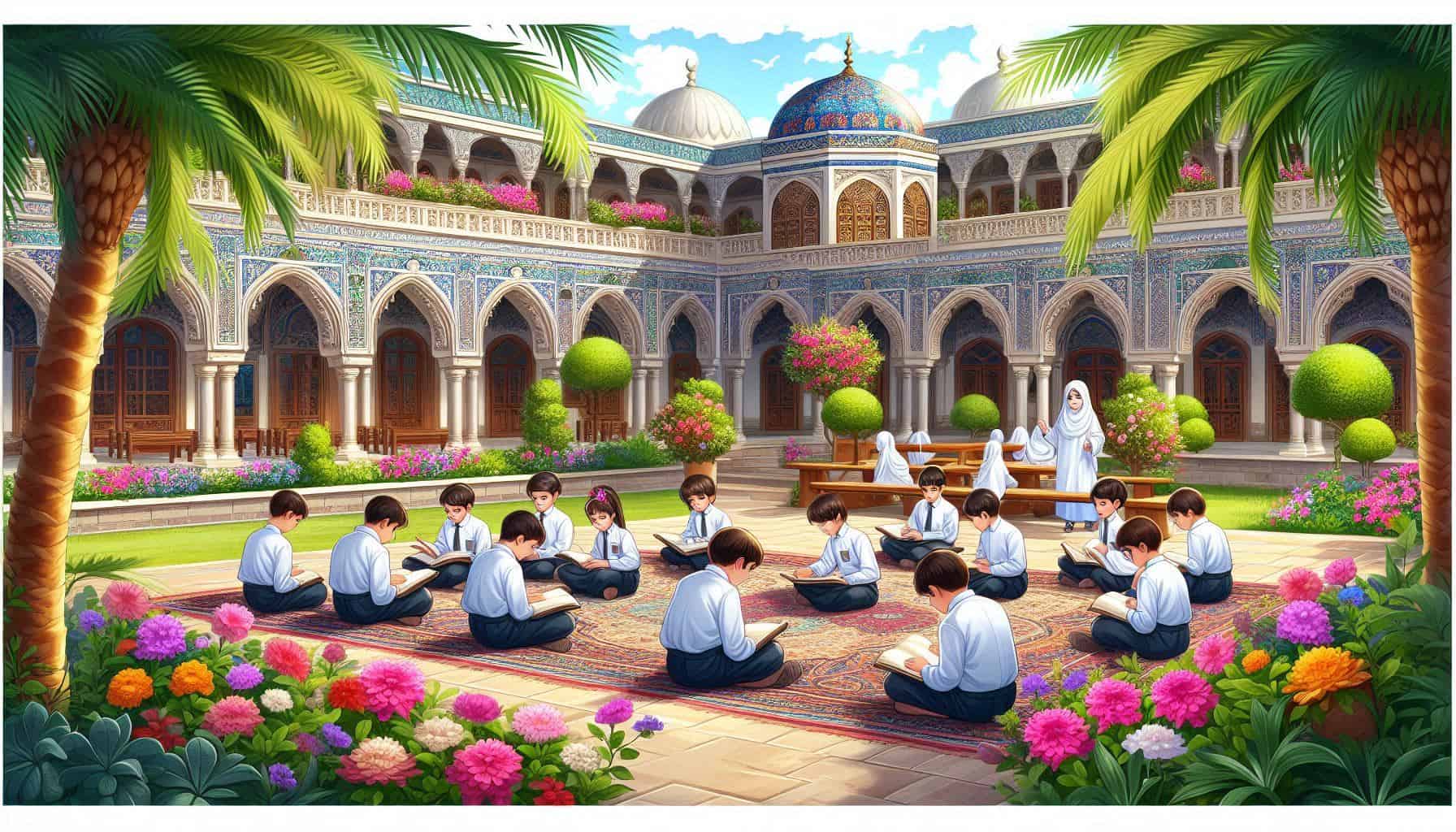If you’re looking to understand “Arabic family traditions,” then you’re about to dive into a world rich in love, connection, and deep-rooted customs that bind generations together. In this article, we’ll take you on a journey through these traditions, which are characterized by hospitality, mutual respect, and the roles that ensure the family remains at the heart of daily life in the Arab world. From grand wedding celebrations to frequent family gatherings, you’ll discover the values that make family bonds strong.
What are Arabic Family Traditions?
Family is the cornerstone of Arab society. Many social and cultural activities are centered around strong family ties. Family traditions in the Arab world extend to all aspects of life, from formal occasions like weddings and funerals to daily interactions such as shared meals.

A Sense of Belonging and Pride
When you start to understand these traditions, you’ll feel happiness and belonging to this wonderful world. Family traditions foster a sense of pride and belonging among individuals, highlighting the importance of continuous communication between generations.
Arabic Hospitality
Arabic hospitality is one of the most prominent features of family traditions. Hosting guests and taking care of them is a sacred value passed down from generation to generation. Hospitality goes beyond offering food and drink; it’s a way of showing respect and appreciation for others. In Arab families, visits often last for hours, with traditional Arabic coffee and dates served.
Question: Why is hospitality important in Arabic family traditions?
Answer: Hospitality reflects the host’s respect for the guest and shows the family’s appreciation for the visit. It’s an integral part of the culture of generosity that Arabs have upheld for centuries.
Family Celebrations
One of the key family traditions in the Arab world is the grand celebrations that gather extended family members. Weddings, religious holidays like Eid al-Fitr and Eid al-Adha, and other family events are held regularly and serve as opportunities to strengthen family bonds. During these occasions, gifts are exchanged, food is shared, and family achievements are celebrated.
Religious and Family Celebrations
In many Arab countries, religious celebrations such as Ramadan are among the biggest events that bring families together. During this month, family members break their fast together every evening, visit relatives, and exchange invitations and greetings.
Question: How do family celebrations strengthen family bonds?
Answer: Family celebrations strengthen bonds by bringing family members together, exchanging gifts, and sharing joyful moments, which enhances communication between different generations.
The Role of Elders
In Arab families, there is immense respect for elders, who are seen as a source of wisdom and experience. Grandparents often play a significant role in raising grandchildren and passing down values and traditions. Their advice and storytelling are essential to everyday life.
The Cultural Importance of Grandparents
Grandparents hold a special place in Arab families. They are often surrounded by family members who listen to stories about the family’s history and the past. Through these stories, young members learn valuable life lessons and feel pride in their family roots.
Online Learning and the Importance of Family in Language Learning
If you’re learning Arabic, understanding family traditions is a crucial part of your journey. Learning a language isn’t just about grammar and vocabulary; it’s also about understanding the cultures that come with it. Online learning provides you with the opportunity to interact with native speakers and learn about their family traditions.
How Do Family Traditions Strengthen Communication?
Family traditions aren’t just social activities, but also ways of teaching values like mutual respect, cooperation, and the importance of family. Through these traditions, individuals learn how to communicate effectively and maintain strong family ties.
Question: Why does family play an important role in learning Arabic?
Answer: Family is the primary source of education, and learning the language also means learning the values and traditions connected to it. Family interactions enhance communication skills and allow individuals to practice the language naturally.
Can connect us now
If you’re eager to dive into Arabic culture and accelerate your learning of the Arabic language, understanding family traditions is a crucial step. You’ll feel confident, proud, and a sense of belonging as you begin to communicate with Arabs in their language and understand their customs. Don’t hesitate to join our academy to learn Arabic and gain effective communication skills that will open new doors and valuable experiences for you.


